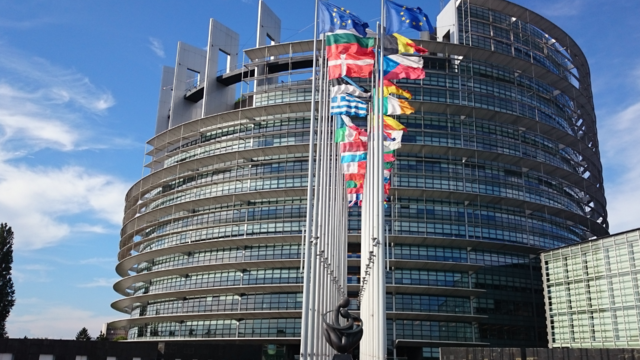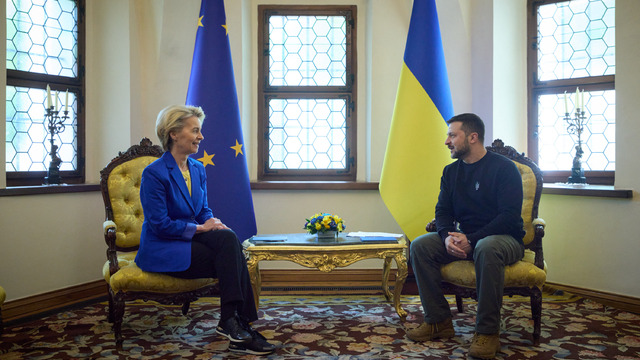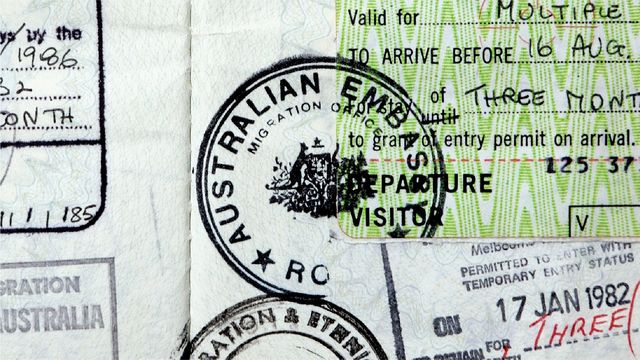Referendum on the refugee quotas in Hungary – protection of sovereignty or much ado about nothing?

The migration crisis has stirred up political debates within the EU and its member states regarding not only possible solutions, but also about the future of the organisation. The first shock has come in the form of the Brexit referendum, the second one could have been the referendum in Hungary “against the quota system”, as the initiating government has calculated. The current analysis gives information about the referendum, and examines its possible effects in the near future.
The path leading to the referendum:
The intent to hold the referendum was communicated by the government after the adoption of the EU’s Emergency Response Mechanism in September 2015, under which 160,000 of migrants who had previously arrived into Europe and their asylum proceedings are to be shared out between member states according to pre-settled quotas. The decision has been adopted by the Council of Ministers by majority vote, with four member states voting against: the Czech Republic, Hungary, Romania and Slovakia.
After the failure to block the decision from being adopted, Hungary and Slovakia have initiated an annulment procedure against it in front of the European Court of Justice, the main judicial body of the EU, having the capacity to act as its “constitutional court”, and to strike down union legislation that is contrary to the Founding Treaties. The proceeding is currently going on, it will decide whether the EU has the necessary competence to make law on this matter at the first place and examines its possible effects in the near future.








